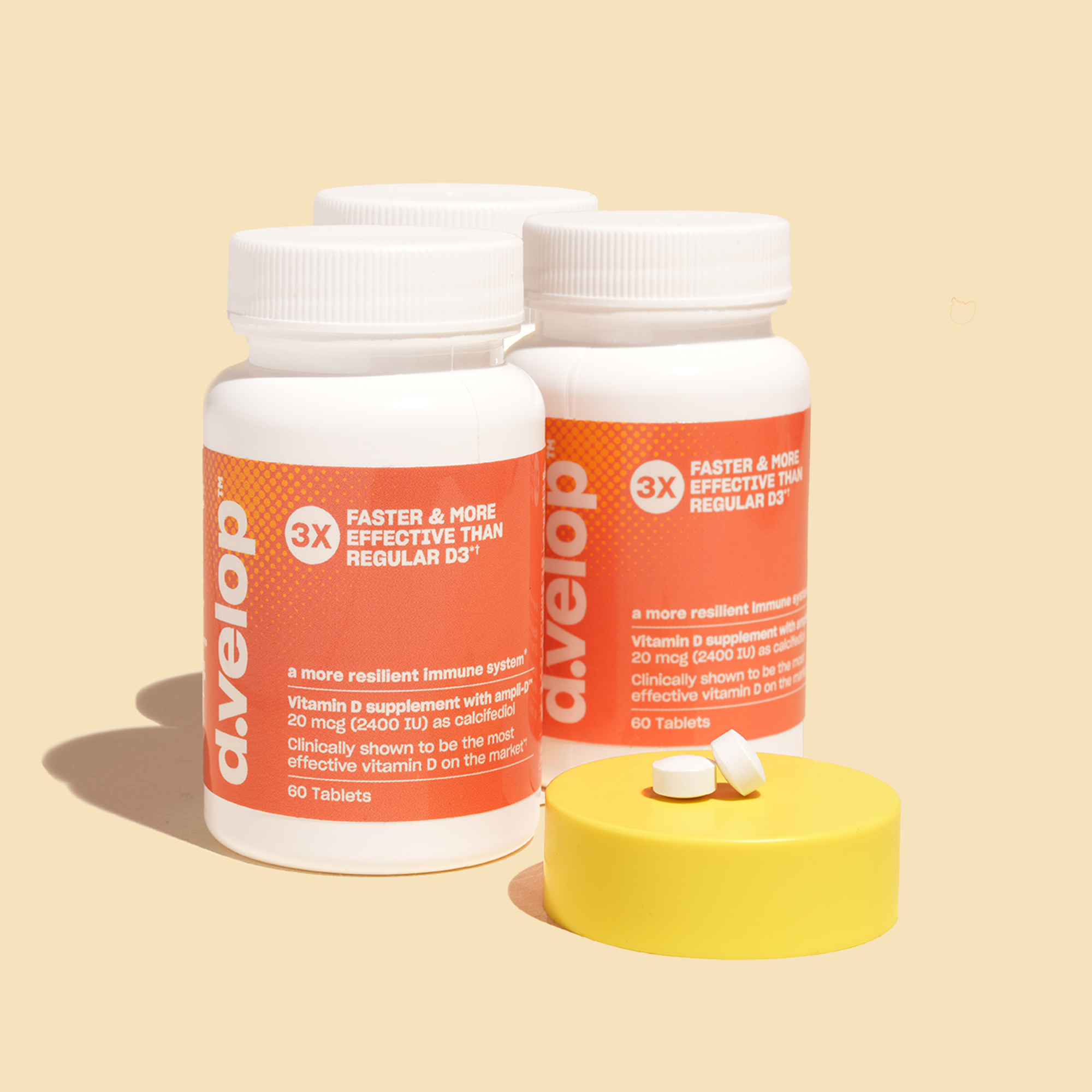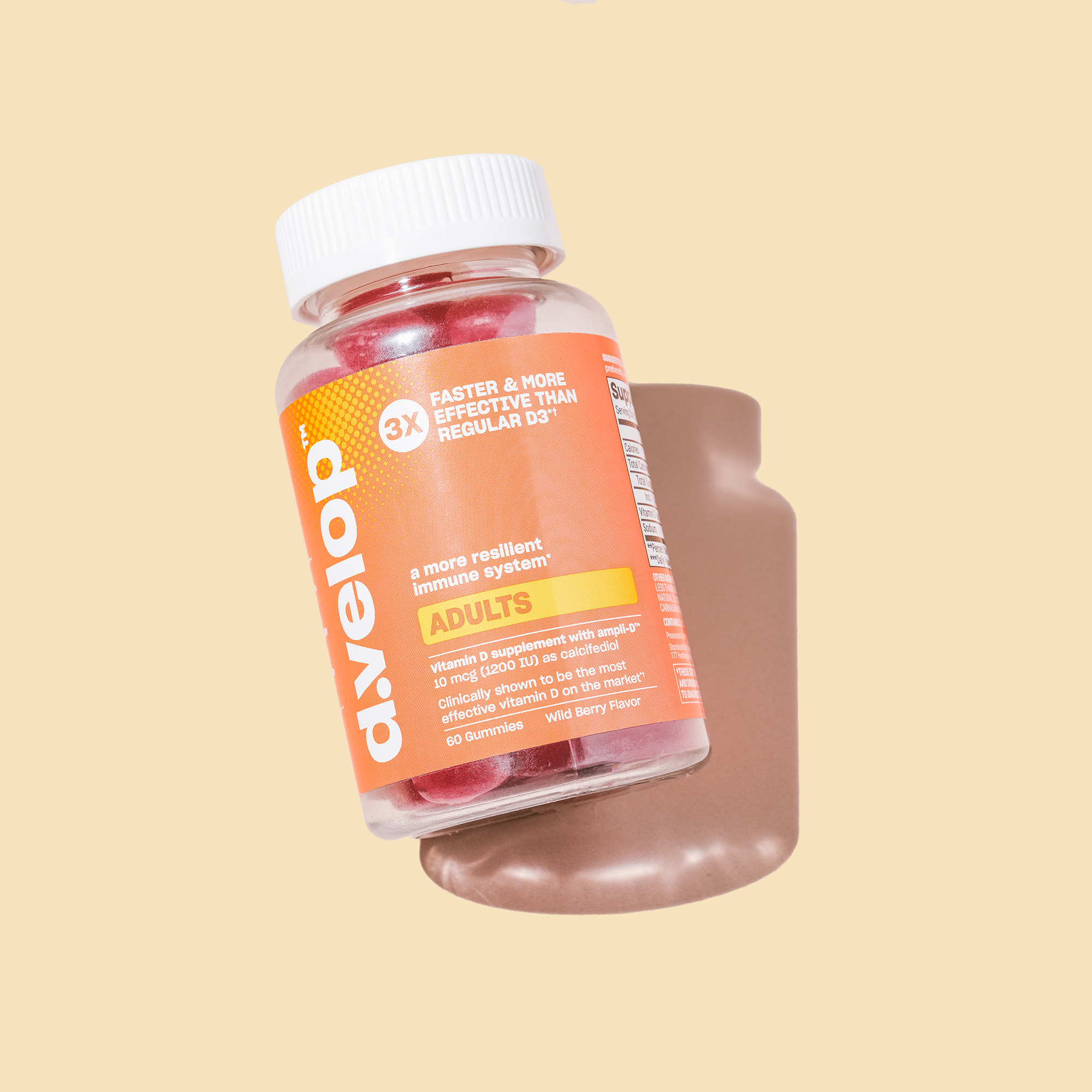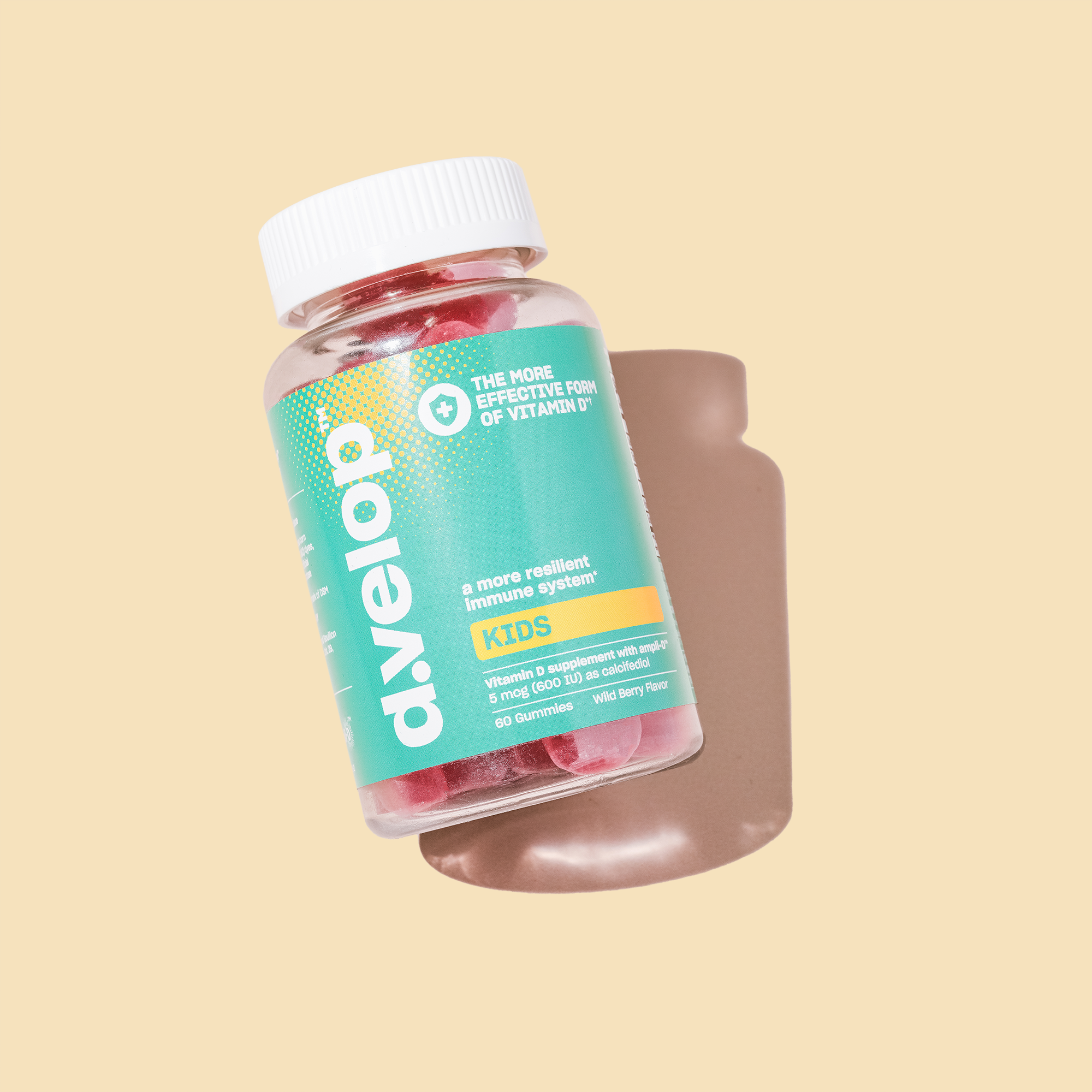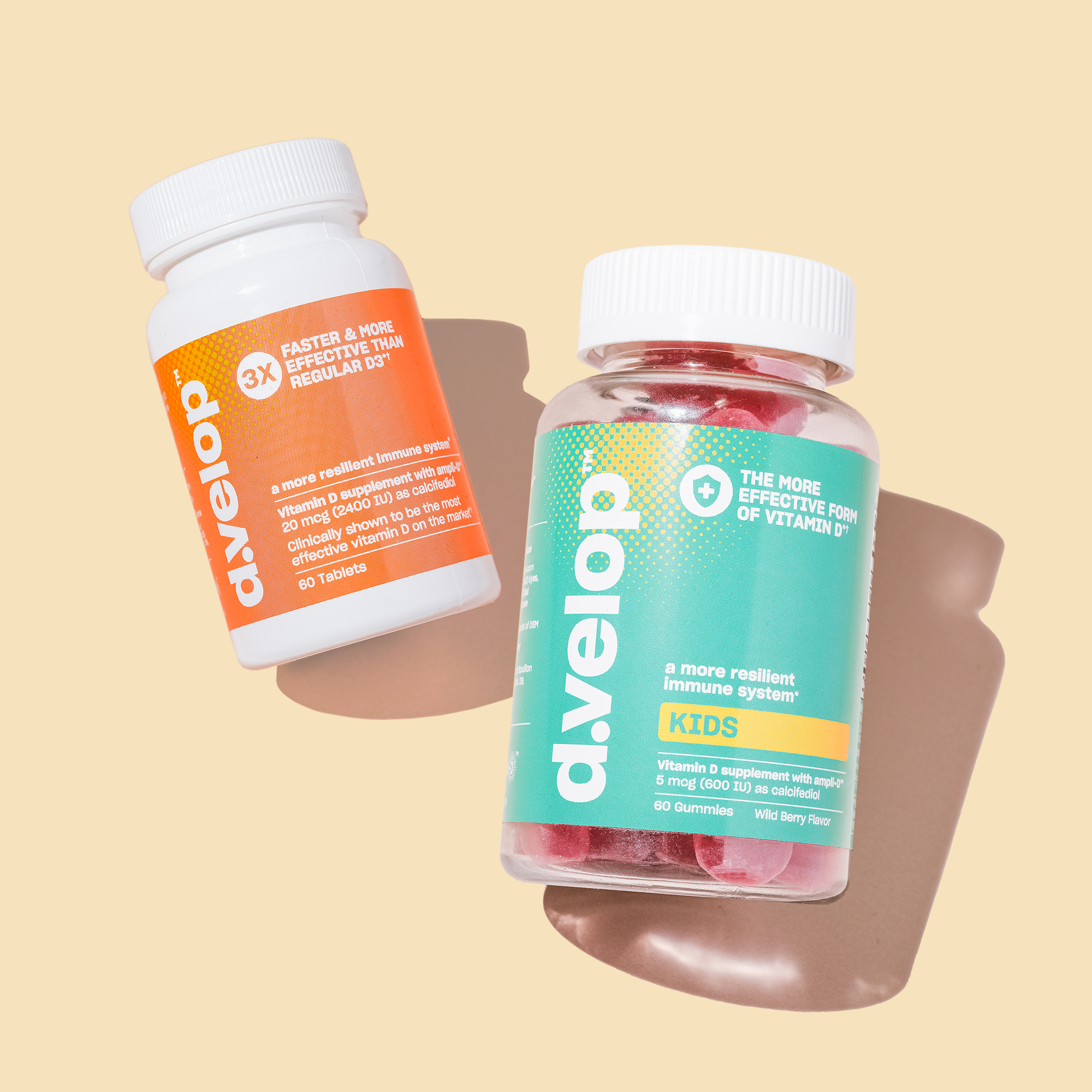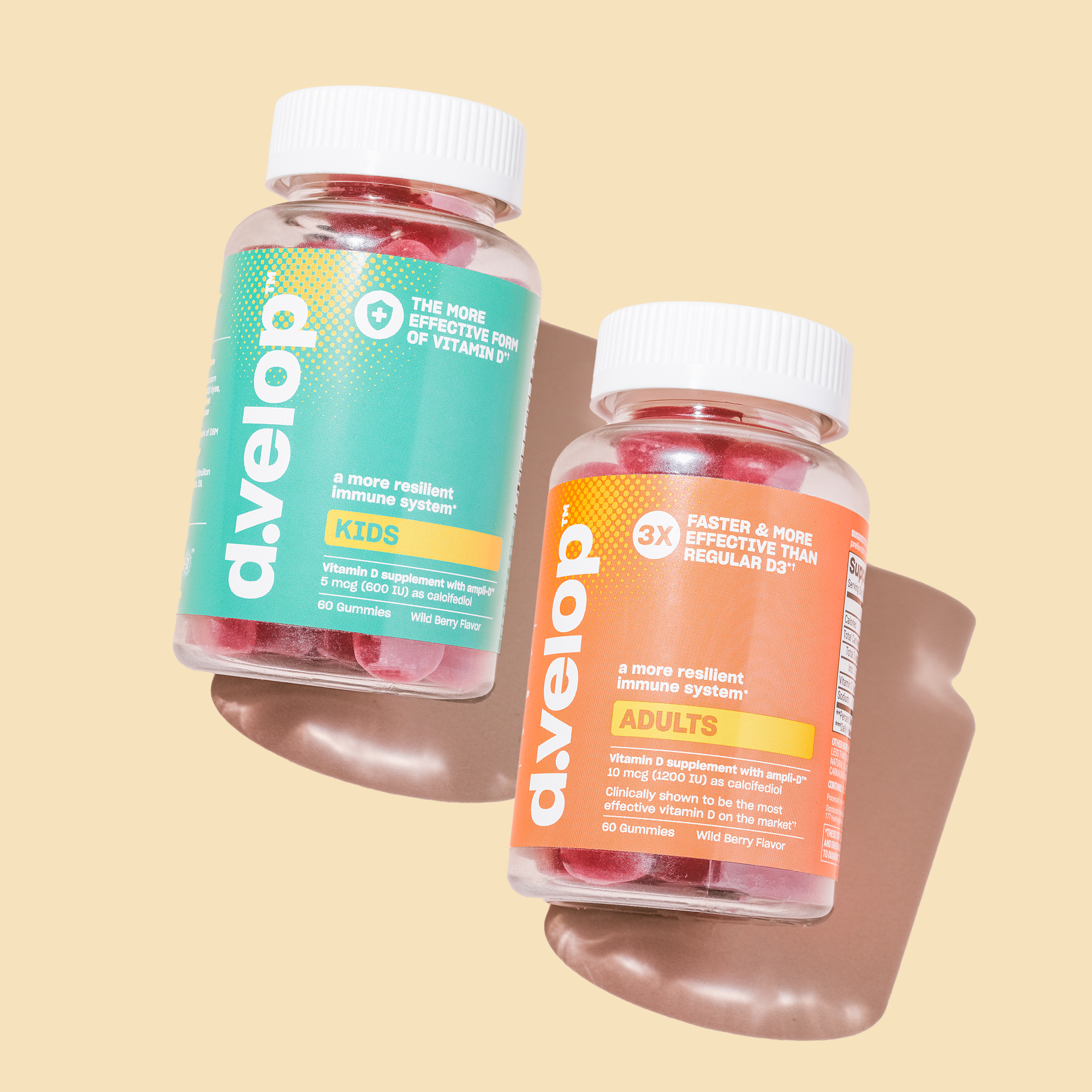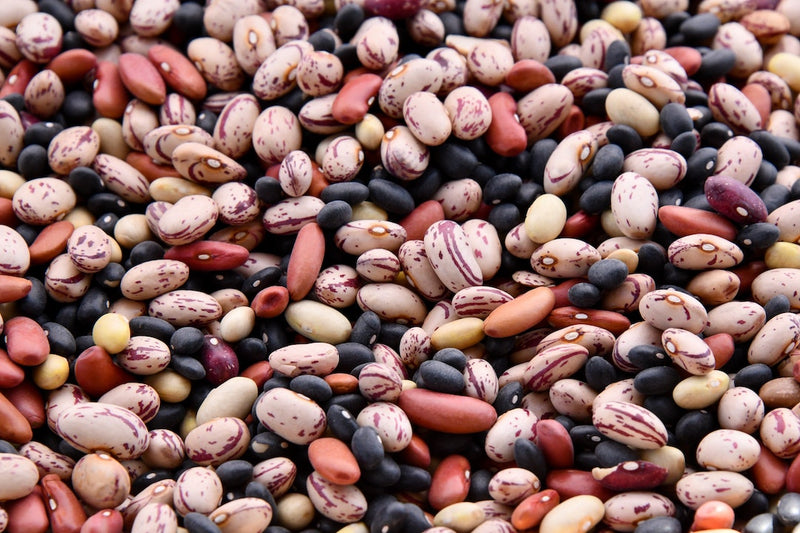What is the immune system, and how does it work?
The immune system is a complex network of cells, tissues and organs that work together to protect the body. The immune system becomes activated when it identifies something that does not belong within the body, “an intruder” such as the proteins located on the surfaces of bacteria and viruses.
Did you know your skin and mucous membranes (think inside of your nose) are considered the first physical barriers to prevent germs from entering the body? Inside our bodies, immune system cells called lymphocytes are the offensive cells. When an invader enters the body, lymphocytes are released to fight these harmful germs and substances, and also make antibodies to help protect the body against future infections (1).
What can I do to support my immune system?
The good news is there are a multitude of things that you can do to support your immune system! The CDC recommends regular physical activity, maintaining a healthy weight, getting enough sleep, quitting smoking if you smoke, avoiding too much alcohol, and eating well with an emphasis on fruits and vegetables, lean protein, and whole grains (2-3).
There are many nutrients linked to immune health, we’ll focus specifically on vitamin D, vitamin C, and zinc. Vitamin C combats oxidative stress, zinc helps immune cells communicate, and vitamin D activates and maintains the immunity cells (4).
It is important to ensure you are taking in optimal amounts of these three immunity nutrients. Let's learn more about each vitamin and the recommended daily allowance (RDA) for each.
Vitamin D
Vitamin D is essential when it comes to keeping your body’s defenses up and helping your immune system work at its best. Vitamin D can be found in fatty fish, eggs, fortified cereals, juice and dairy products, but it is also made in the body when the skin is exposed to sunlight (4,5).
For vitamin D, you will notice both International Units (IUs) and micrograms (mcg) are shown on supplement facts labels. The current RDA is 600 IU (15 mcg) daily for people ages 1-70 years old, 800 IU (20 mcg) for adults over age 70, and 600 IU (15 mcg) for women who are pregnant or breastfeeding(4). Although it is packed with benefits, you can get too much vitamin D. The Institute of Medicine (IOM) has set the upper level intake of vitamin D for adults to 4000 IU (100 mcg) daily(5). If you are worried about your vitamin D levels, consult your doctor.
Vitamin C
Vitamin C is an essential nutrient which cannot be made within the body, so must be supplied by vitamin C rich foods such as citrus fruits, bell peppers, strawberries, tomatoes, cruciferous vegetables like broccoli, or by supplementation. Vitamin C supports immune health by supporting the body’s antioxidant defenses which fight free radicals and decrease inflammation(3,4,6).
For Vitamin C, the recommended daily allowance (RDA) is 90 mg per day for female adults ages 19 and 75 mg per day for men(6).
Zinc
Zinc works to help the body produce healthy immune cells, protect those cells from inflammation and injury, and target viruses, bacteria and tumor cells (3,4,7). Zinc is found in oysters, poultry, and red meat, but other good food sources include beans, whole grains, and fortified breakfast cereals and dairy products (7).
Zinc plays a key role in the development of the immune system, and 15% of Americans are not getting enough zinc through their diets(8). The RDA for zinc is 11 mg for men and 8 mg for women (7).
How do vitamin D, vitamin C and zinc work together?
Vitamin D, vitamin C, and zinc work at different stages of immune system cell development and response, so together they can produce a synergistic immune-supporting effect. Since dietary intake of these nutrients is not always adequate, supplementation with these three nutrients may be beneficial (8,9).
d.velop™ ImmunityPlus can help to support the body's natural defenses by providing all three of these powerful nutrients in one supplement*. Only d.velop™ contains ampli-DTM calcifediol, which is a form of vitamin D3 that helps you achieve optimal vitamin D levels an average of 3X faster and 3X more effectively than conventional vitamin D*†.
Author:
Stacey Hugues, MBA, RD, LDN, CNSC
References
- Nieman DC, Wentz LM. The compelling link between physical activity and the body's defense system. J Sport Health Sci. 2019;8(3):201-217. doi:10.1016/j.jshs.2018.09.009. Accessed April 6, 2022.
- Childs CE, Calder PC, Miles EA. Diet and Immune Function. Nutrients. 2019;11(8):1933. Published 2019 Aug 16. doi:10.3390/nu11081933. Accessed April 6, 2022.
- Christ A, Lauterbach M, Latz E. Western Diet and the Immune System: An Inflammatory Connection. Immunity. 2019;51(5):794-811. doi:10.1016/j.immuni.2019.09.020. Accessed April 6, 2022.
- Shakoor H, Feehan J, Al Dhaheri AS, et al. Immune-boosting role of vitamins D, C, E, zinc, selenium and omega-3 fatty acids: Could they help against COVID-19?. Maturitas. 2021;143:1-9. doi:10.1016/j.maturitas.2020.08.003. Accessed April 6, 2022.
- Institute of Medicine (US) Committee to Review Dietary Reference Intakes for Vitamin D and Calcium; Ross AC, Taylor CL, Yaktine AL, et al., editors. Dietary Reference Intakes for Calcium and Vitamin D. Washington (DC): National Academies Press (US); 2011. Available from: https://www.ncbi.nlm.nih.gov/books/NBK56070/ doi: 10.17226/13050
- Carr AC, Maggini S. Vitamin C and Immune Function. Nutrients. 2017;9(11):1211. Published 2017 Nov 3. doi:10.3390/nu9111211. Accessed April 6, 2022.
- Prasad AS. Zinc in human health: effect of zinc on immune cells. Mol Med. 2008;14(5-6):353-357. doi:10.2119/2008-00033.Prasad. Accessed April 6, 2022.
- Reider CA, Chung RY, Devarshi PP, Grant RW, Hazels Mitmesser S. Inadequacy of Immune Health Nutrients: Intakes in US Adults, the 2005-2016 NHANES. Nutrients. 2020;12(6):1735. Published 2020 Jun 10. doi:10.3390/nu12061735
- Gombart AF, Pierre A, Maggini S. A review of micronutrients and the immune system-working in harmony to reduce the risk of infection. Nutrients. (2020) 12:236. 10.3390/nu12010236. Accessed April 6, 2022.
